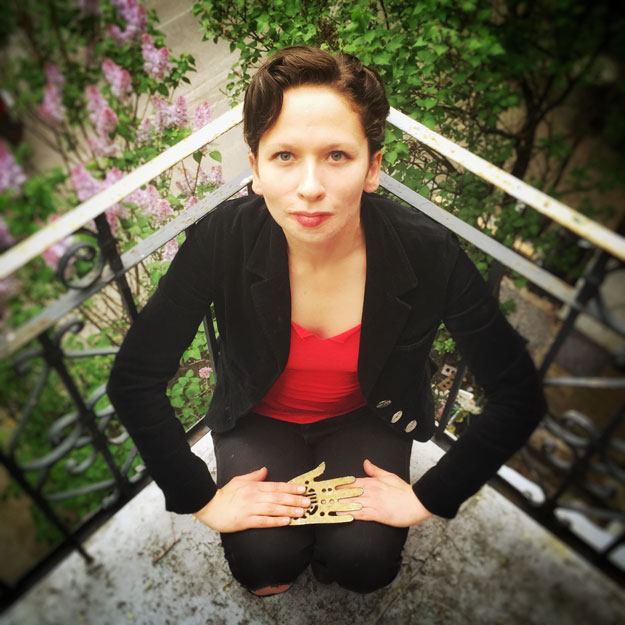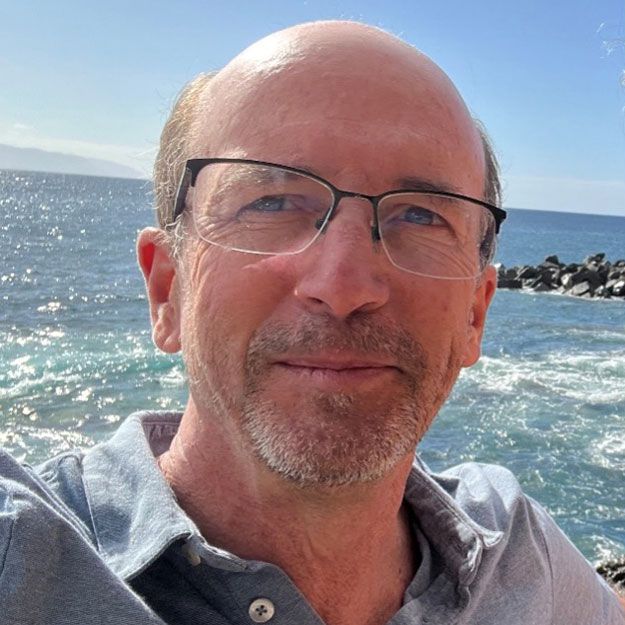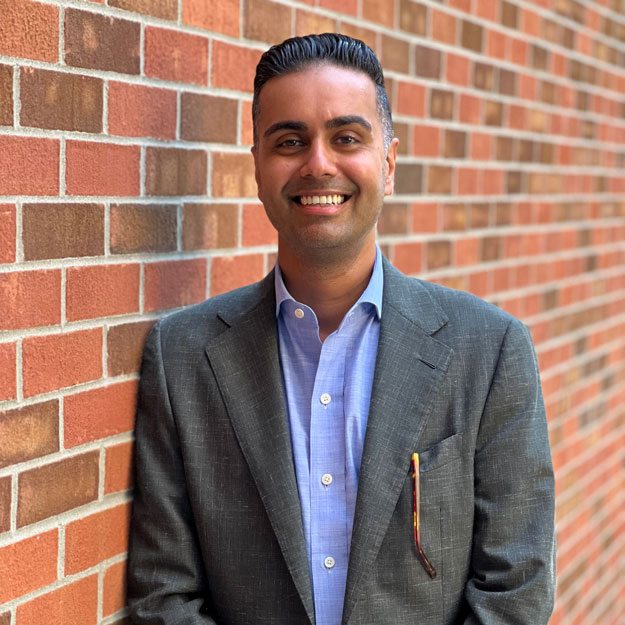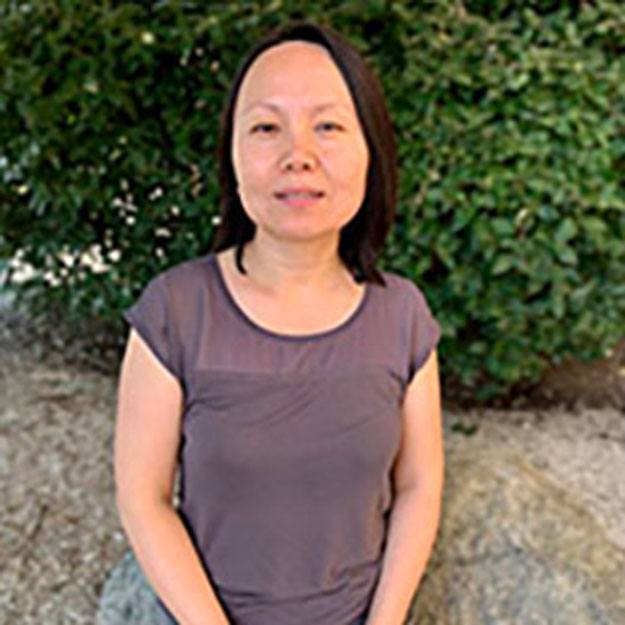Alexis Emelianoff is a sound artist based in Montréal, Canada, inventing and performing with acoustic and electronic instruments.
Her approach is highly divergent and dependent on exploration in material research and physics; temperature changes, magnetism, and water conductivity have all animated installations. She designs systems to allow the ‘breakthrough’ of the electrical medium and its sonic form, whether periodic, arrhythmic, abrasive, obstinate...
Current projects include hybrid sound output systems and adapting the Western piano to Persian music.
She has performed in Canada, Europe and the United States, including the MuSA Symposium for Sonic Arts (Germany), Columbia University New York, the Banff Centre, and the Center for New Music and Audio Technologies (CNMAT) at UC Berkeley; and has published in Leonardo Music Journal. She was a member of the Topological Media Lab and the Balinese Gamelan group Giri Kedaton. Collaborators include Florian Grond, Adrian Freed, Ramin Zoufonoun, Marianne Decoster-Taivalkoski and Amir Amiri.
Currently, Alexis is a member of the research organization Center for Interdisciplinary Research in Music Media and Technology (CIRMMT) and was recently invited as the first artist in residence at the École de Technologie Supérieure in Montréal.




